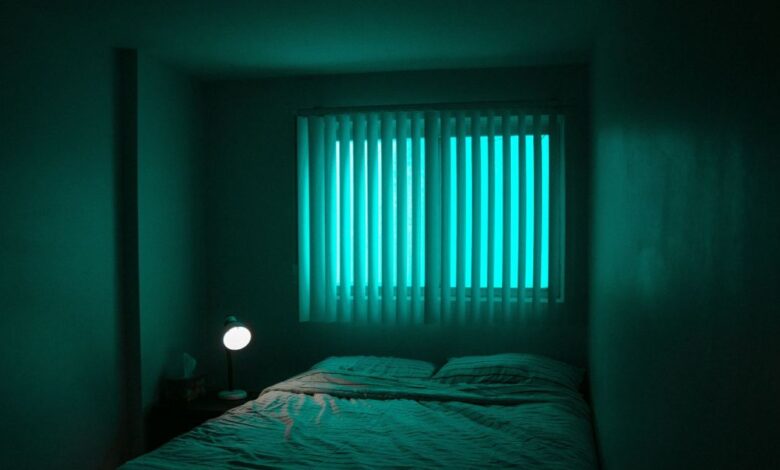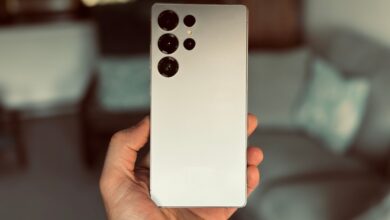Is Sleeping with Light Hurting Your Heart Health?

Shining a Light on Heart Health: The Risks of Nighttime Illumination
What’s the scoop? If your bedroom isn’t fully dark at night—thanks to streetlights peeking through your blinds,a hallway light left on,or the glow from nearby buildings—you might be affecting your heart health without even realizing it. A recent study by the American Heart Association indicates that individuals exposed to more artificial light during nighttime may face an increased risk of heart disease over time.
The Study Breakdown
This research involved 450 adults who had no prior history of heart disease. Researchers measured how much artificial light these participants encountered while they slept.
The findings revealed that those exposed to higher levels of artificial lighting experienced greater brain stress adn inflammation in their blood vessels.This group also showed a substantially elevated risk for serious heart conditions.
Specifically, individuals living in areas with the brightest nighttime illumination had a 35% higher chance of developing heart disease within five years and over 22% within ten years. These effects remained significant even after accounting for other factors like exercise habits, diet, and air quality.
The data suggested that women and younger adults were particularly susceptible to these risks.
Why This Matters
This research highlights how exposure to artificial light at night can negatively impact cardiovascular health. Our bodies thrive on natural cycles: daylight during the day and darkness at night. When we introduce artificial lighting into our nighttime surroundings, it disrupts this natural rhythm.
Your brain responds to nighttime light by activating a ‘stress’ response—even if you’re asleep. This reaction sends signals throughout your immune system and blood vessels, potentially leading to inflammation and damage over time.
A lack of darkness also interferes with melatonin production (the hormone responsible for sleep), which can affect blood pressure, heart rate, and metabolism—all crucial elements linked directly to heart health.
Simple Steps for Better Sleep
you don’t need expensive gadgets or a move out into the countryside to protect your heart; small adjustments can help restore darkness in your sleeping space effectively.
- Avoid sleeping with bright lights on—this includes TVs or overhead fixtures—and turn off any glaring lamps in your bedroom before bed.
- If you live near bright streetlights or have unwanted illumination seeping into your room, consider using blackout curtains or wearing an eye mask while you sleep.
- You might also want to rearrange furniture so that direct light doesn’t shine onto where you rest at night.
I know this advice is often repeated but try steering clear of screens during the hour leading up to bedtime; devices like phones,tablets,tvs,and computers emit blue light that can be especially disruptive when you're trying to wind down for sleep!
Your Heart Will Thank you!
By making these simple changes in how you manage lighting at home during nighttime hours—like dimming lights before bed—you could significantly improve not just how well you sleep but also support better long-term cardiovascular health.
And don't forget! NoveByte might earn a little pocket change when you click on our links, helping us keep this delightful journalism rollercoaster free for all! These links don’t sway our editorial judgment so you can trust us. If you're feeling generous support us here!





